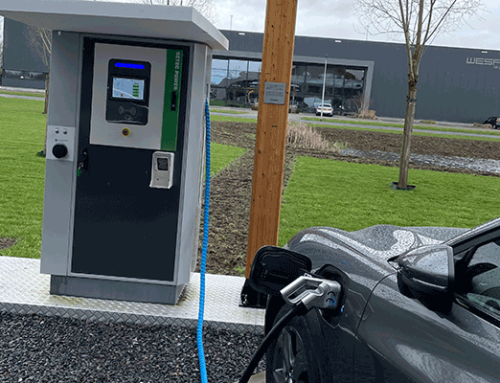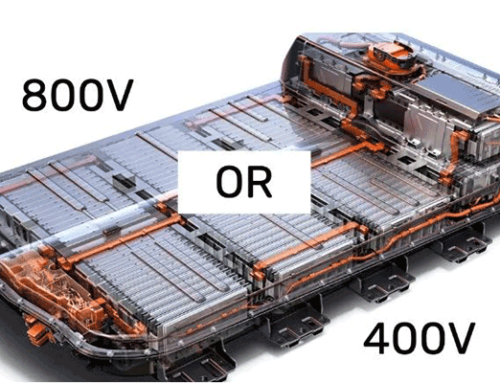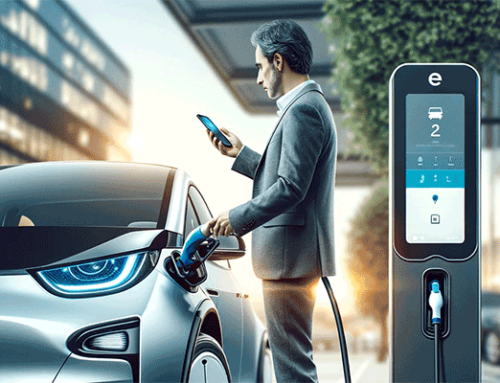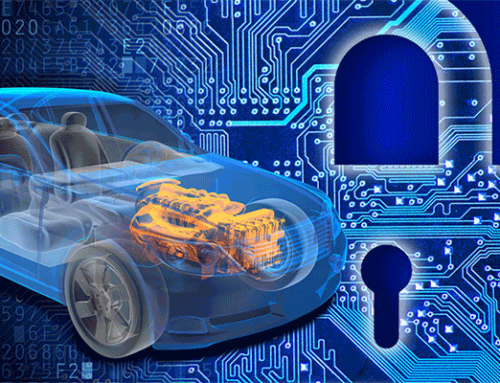As electric vehicles become more popular and more electric vehicle charging stations are being built and planned around the world. Electric vehicle charging station access to the Internet has become an inevitable trend. But due to the lack of security, it has become a new target for hackers.

The hacking of electric vehicle charging stations has been a frequent occurrence worldwide this year. According to the BBC, hackers attacked three chargers on the Isle of Wight in England and showed pornographic films on their screens. In the early days of the Russian-Ukrainian conflict, hackers broke into charging stations along the main road in Russia. They displayed several anti-Russian and pro-Ukrainian messages on the chargers’ displays.
The impact of cyber attacks
Necessary consequences of an EV charging station intrusion include energy theft, hazards to people and equipment in the vicinity of EVSE, vehicle disablement and damage, and interference with grid functionality. Here, we break down the impacts into functional, financial/privacy, and grid impact areas. These things could lead to a loss of consumer confidence, which could impact the EV charging market.
Functional Impacts
After gaining control of the EVCSMS, the attacker can force a restart of the EVCS and repeatedly trigger the restart function to interrupt the customer’s charging operation. In addition, an attacker can perform a DoS attack on the target EVCS by sending many requests to the EVCSMS while blocking legitimate users from accessing the management system.
Financial/Privacy Impacts
Unauthorized access to EVSE devices or backend management systems could result in personally identifiable information (PII) data theft, billing falsification (e.g., free charging), or compromise of payment data (e.g., credit and debit card numbers). These events would affect EVSE operators and drivers in potentially significant ways (i.e., identity theft). This information may also be used by competitors, hurting the operator’s business development.
Power System Impacts
Electric power systems operate on a large scale to serve millions of customers, and any attack on such critical infrastructure can have a significant impact. As a result, various malicious organizations may be interested in conducting cyber attacks of this magnitude as they attempt to cause devastating economic and social damage. The attacker uses many compromised EVCS to initiate charging operations simultaneously. The goal is to destabilize the grid through a sudden increase in charging demand, which could lead to a cascading grid failure.
Many operators are in a rush to build EV charging infrastructure and do not give enough thought to safety, so this may leave a safety hazard. Here are some solid tips for you.
- EV-to-EVSE Interface Hardening
- EV Operator Interface Hardening
- EVSE Internet Hardening
- EVSE Maintenance Interface and Hardware/Software Hardening
Fortunately, the government has taken note of this issue and is working with EV charging station manufacturers, chip suppliers and industry associations to develop solutions and uniform safety standards. SETEC POWER, a leading EV charging station manufacturer, has not stopped working on safety to provide our customers with safe equipment.














